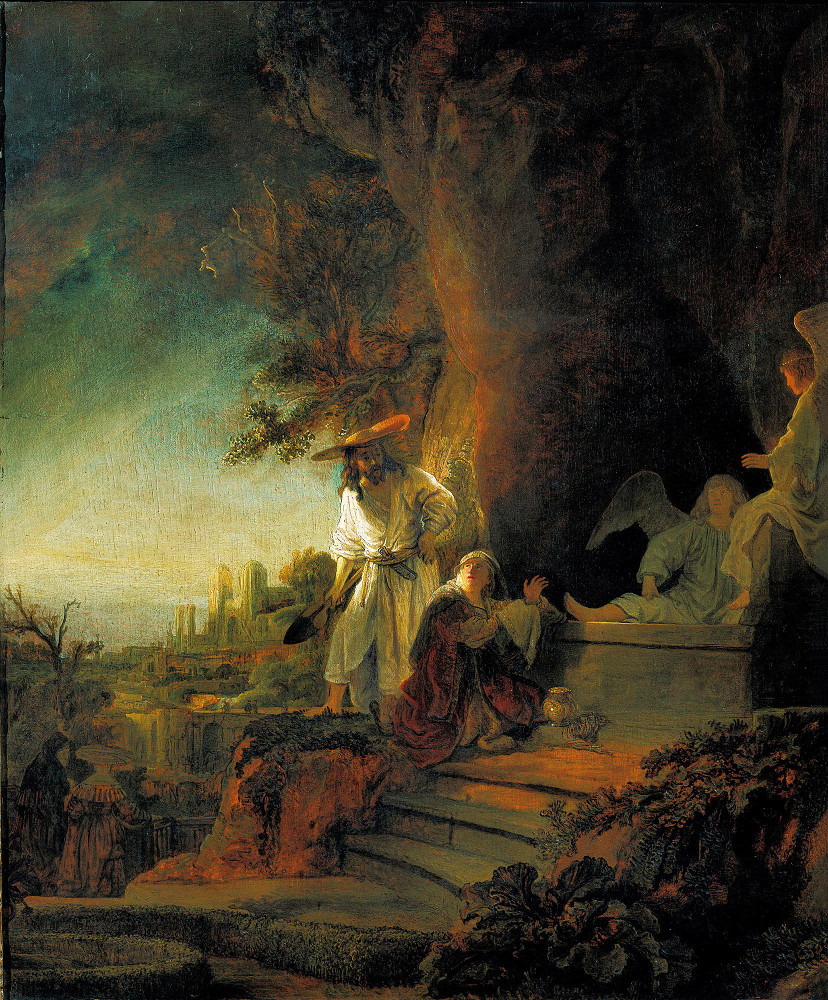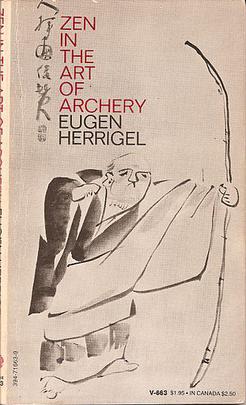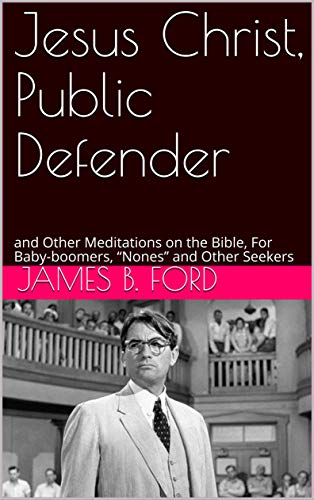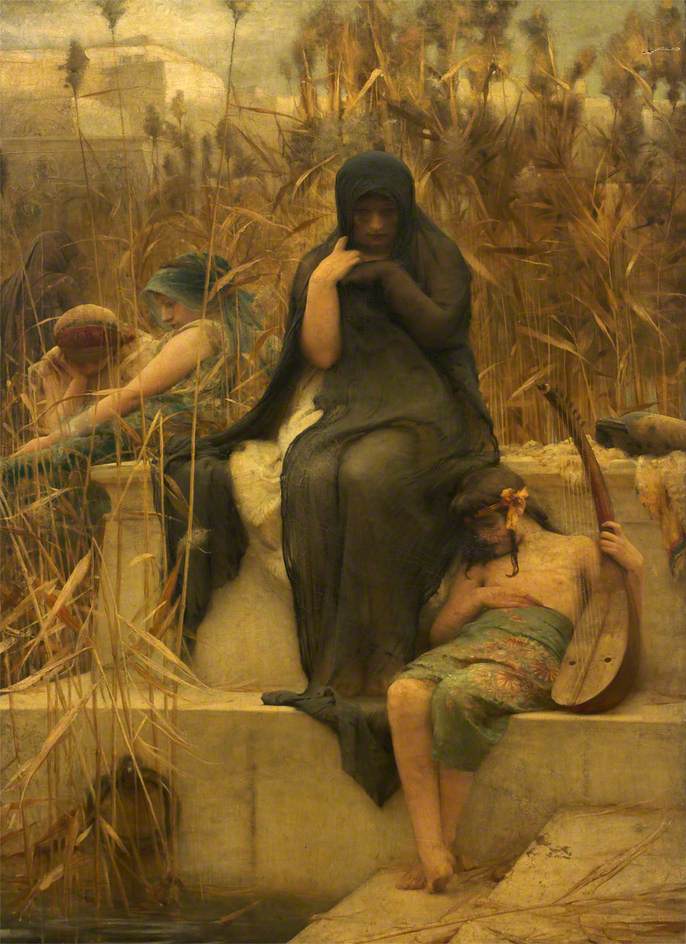
* * * *
Today is Palm Sunday, and next Sunday is Easter. That’s the “Christian festival and holiday commemorating the resurrection of Jesus from the dead.” (And thus the end of Lent, that 40-day period of “fasting, prayer, and penance.”) I’ve written about Easter Sunday in Frohliche Ostern – “Happy Easter” – including the image above – and Happy Easter – April 2020!
The post from last year – 2020 – said that “clearly this Easter is different, mostly because of the current coronavirus pandemic.” Which led me to this observation:
Back on March 12 [2020] – what seems so long ago, and in light of the pandemic just then making headlines – I checked out two books from the local library. (Not realizing the libraries around here and the country would be closed, “for the duration.” And that I wouldn’t be able to return them for that “duration.”) One book was The Plague, by Albert Camus.
Fortunately the libraries are back open and we’re starting to get a handle on this “COVID” thing. (I get my second vaccine shot this upcoming Wednesday, March 31, down in Barnesville.) Which is a good reason to be especially thankful during this Holy Week, 2021.
For more on past posts on Palm Sunday and Easter you can check the notes, but for now I want to go back to my last post, Romans 11 – and “What happened to FSU football.” Because: If you looked at that post you may have noticed a quote that seems unexplained.

It’s concerns the fictional hero of my newest novel. (I named him “Nick,” in homage to the fictional character created by Ernest Hemingway.) It’s ostensibly about a book that he – Nick – wrote back in 1994. As in, “He went on book tours , and in one such tour personally handed a copy of ‘Zen Football*’ to Bobby Bowden.” (At right.) But I ended up doing too many updates – after publishing the post – and so couldn’t update the post one more time, in a way explain that asterisk.
Here’s what happened…
As noted, I’d already done a boatload of updating, and apparently there’s a limit on how many updates you can do with this platform, after you’ve published the post. (I kept getting “update failed, update failed.”) So I’ll try to explain the asterisk here, and in that process I’ll elaborate on that 1994 book, “Zen in the Art of College Football.” (Subtitled, “Pondering the Metaphysical Mysteries of Major College Football.”)
To review, that last post had a footnote about my fictional hero, Nick:
In 1994 “he” published a book which he titled “Zen in the Art of College Football,” about the events leading up to FSU football’s 1993 national championship. [It’s first of three.] He felt that at the time the method of choosing which two teams would play for a national championship “sounded a lot like Zen. A lot of double talk that really doesn’t make a lot of rational sense.” (Or words to that effect.)
So here are the precise “words to that effect.”
To find them, I had to go back to the original paperback.* The main title is, as noted, “Zen in the Art of College Football.” The title page says it’s a novel “Based on the Florida State Seminoles’ Seven-year Quest to Win a National Championship.” (Which they finally got in 1993.) And there’s the alternate subtitle, “Pondering the Metaphysical Mysteries of Major College Football as a Path to Enlightenment and/or Salvation.”
Which is quite a mouthful.

As for the “words to that effect,” they – and the idea for the book – came as a result of my getting an audio version of Zen in the Art of Archery. (This was around 1992 or early 1993, referring to the 1948 book by Eugen Herrigel.) I’d tried to actually read it – in book form – before that time, but always got bogged down. (In that way it was kind of like trying to read the Book of Leviticus.)
So instead I listened to the audio version on a weekend road trip down in Florida, early in the 1993 college football season. Then a few days later, “as if in a flash, I got the idea of connecting Zen in the Art of Archery with ‘Zen in the Art of College Football.'”
At the time I was – in a sense – doing research on that first novel. Specifically, I was trying to figure out why FSU’s football team had so often gotten snookered out of a shot at the national title game, year after year. (With a reference to the Greek god Tantalus, whose story gave us the word tantalize, as in “to tease or torment by or as if by presenting something desirable to the view but continually keeping it out of reach.”)
That in turn involved the method by which the two teams – back in 1993 and before – got picked to play for the national championship. I wrote at the time that it all sounded very “Zen” to me. As in, “if it’s full of contradictions, sounds like double-talk, and really doesn’t make a lot of sense, it’s probably Zen.” Which led to this:
Seen that way, Zen becomes remarkably similar to major college football, especially in the 1993 season. There are lots of similarities between “Zen” and how a national champion is picked:* both sound like double-talk, both are full of contradictions, and neither really makes a whole lot of sense.
Now about that last asterisk. Strictly speaking, the similarities were not between Zen and “how a national champion is picked.” Instead they were between Zen and how the ostensible “top two teams” who would play for the national championship got picked.
Which is another way of saying that even after all these years, I’m still finding things I need to correct in that paperback book I published back in 1994, “a long time ago and [what seems like] a galaxy far away.*” (See Star Wars opening crawl – Wikipedia.)
So right about now you may be asking, “What the heck does ‘Zen’ have to do reading the Bible?” The answer? It has to do with reading the Bible “with an open mind.” And that brings up Thomas Merton, along with the next book I wrote. (In 1995, a year after “Zen Football.”)

I called it Jesus Christ, Public Defender. (Subtitled, “and Other Meditations on the Bible, For Baby-boomers, “Nones” and Other Seekers.”) And unlike Zen Football, it’s actually now available in E-book form.*
As I wrote in “JCPD,” Merton (1915-1968) was a Catholic (Trappist) monk. In his later years he found a lot of similarities between his “orthodox” Christianity and the exotic Eastern alternatives – like Zen – that were so popular back in the 1960s. But dallying in these exotic Eastern spiritual disciplines didn’t weaken Merton’s Faith; if anything, they strengthened that faith. As one biographer wrote:
[B]y approaching the spiritual quest at unexpected angles, they opened up new ways of thought and new ways of experiencing that invigorated and released him…
Of course there are those who disagree.* Like the woman in 1989 who said the goal of Zen is to “obliterate rational thinking.” A note: This same woman said Mormonism is a cult and that practicing Hatha Yoga will turn you into some babbling zombie. (Or “words to that effect.”) And just so you know, I’ve been practicing Hatha Yoga for 50 years now. (Since the late 1970’s.) Without a guru and without shaving the hair off my head. (That came with the passage of time.)
Also, 45 years ago – when I started doing yoga – I was a typical child of the 1960s. As I wrote in JCPD, in those younger days I turned my back on the Established Church and “tried different ways of Coming to Terms With Life.*” But then in middle age I found myself coming back to The Church of My Youth. This was despite my misgivings that it was “full of hypocrite fat-cat conservatives, intolerant, self-righteous, narrow-minded.” At this point I could say “some things never change.” However, I’ve come to realize that the Christian Church in America has lots of good, faithful Seekers After Truth. (But still way too many of “that other kind.”) The point being:
Between 1987 and 1993, I went through a life-changing transformation. As I once wrote, “In 1987 I was a godless heathen dirt-bag, but by 1993 I was a church-going pillar of the community.” How did that come about?
As to how that change came about, part of it was listening to that audio book, Zen in the Art of Archery. Then making the connection between Zen and FSU’s football team. And from there – having been “invigorated and released” – going on to see the connection between Jesus Christ and the public defending that I was doing at the time. And from there continuing my Bible studies and serving in my local church, both in Florida and now up in “God’s Country.” (The Atlanta metropolitan area.) And serving in various capacities, including chalicist and Vestry member.
And now for a moment of zen. “You are like this cup; you are full of ideas. You come and ask for teaching, but your cup is full; I can’t put anything in. Before I can teach you, you’ll have to empty your cup.” And if you think that sounds non-Biblical, see Philippians 2:7, where Jesus “emptied himself, by taking the form of a servant, being born in the likeness of men.” But why?
This is harder than you might realize. By the time we reach adulthood we are so full of information that we don’t even notice it’s there. We might consider ourselves to be open-minded, but in fact, everything we learn is filtered through many assumptions and then classified to fit into the knowledge we already possess.
That’s all from Empty Your Cup, an Old Zen Saying. Another old Zen saying is that a child looks at a mountain and sees a mountain, an adult looks at a mountain and sees many things, a Zen master looks at a mountain and sees – a mountain. Which seems to mirror what Jesus said in Matthew 18:3, “Truly I tell you, unless you change and become like little children, you will never enter the kingdom of heaven.”
So becoming like children again means – among other things – looking at a mountain and seeing … a mountain. Not to mention cleaning those “assumption filters” on a regular basis. (See Dirty Air Filter – Image Results.) And that involves dropping layers of life-long preconceptions, loosening up spiritual “hardened arteries,” and opening up to the majesty of God’s creation and His gift of Jesus. In other words, be open minded, opening up to God. (Like it says in Luke 24:45: “Then He” – Jesus – “opened their minds so they could understand the Scriptures.”)
The same can apply to our Bible study. Which means in part both reading the Bible itself and getting feedback from other people, other teachers who can help explain how deep the Bible is.
There is a choice, “But as for me and my house,” I choose the life of abundance in John 10:10.
* * * *
* * * *
The upper image is courtesy of “The Risen Christ Appearing to Mary Magdalen” – Art and the Bible. See also Rembrandt – Wikipedia, and/or Rembrandt van Rijn: Life and Work.

Re: “Past posts on Palm Sunday and Easter.” For Palm Sunday see 2015’s On Holy Week – and hot buns, and – from 2018 – Palm Sunday: To “not sin,” or to accomplish something? For Easter, and aside from the links in the main text, see On Easter, Doubting Thomas Sunday – and a Metaphor. Note that the post from last Easter – 2020 – included the image at right, captioned “Which would you prefer: Let the Plague ‘wash over you,’ or be ‘passed over?’”
Re: The quote comparing Zen and major college football in the years leading up to 1993. It’s on page 4 of the 69-plus pages of the original paperback. I.e., there was a “scandal” involving FSU football after the 1993 season, but before publication. So I had to add a “(Post Scandal) Post-Script,” on two additional un-numbered pages.
Re: Tantalus. See Wikipedia, noting that he was a Greek god “famous for his punishment in Tartarus… He was made to stand in a pool of water beneath a fruit tree with low branches, with the fruit ever eluding his grasp, and the water always receding before he could take a drink.”
Re: Reading Leviticus. See Wikipedia, and also – for example –Where Bible Reading Plans Go To Die | Stray Thoughts.
Re: “Unlike Zen Football, it’s available in E-book form.” As noted, I published ‘Zen Football’ in 1994. This was before print on demand, so I had to order – and pay for – a thousand copies of the paperback. And to this day I still have 700-800 copies, in boxes strewn around my four-bedroom house in the piney-woods. (So maybe when I die they’ll be worth a gazillion dollars.)
Re: Thomas Merton. In “Jesus Christ Public Defender” I added:
Near the end of his life, Merton traveled to India and Tibet, and at one point interviewed the Dalai Lama. As described in a biography, Merton and the Dalai Lama discussed in part that condition in meditation where “the mind becomes so absorbed in concentration that it forgets itself in ecstasy.”
Re: Merton’s being helped in his spiritual quest by both his Christian mysticism and “a wide knowledge of Oriental religions.” Later in life Merton became fascinated with Zen Buddhism and the Zen writer D. T. Suzuki (q.v.). He studied Taoism, “regular” Buddhism and Hinduism.
Re: “Those who disagree.” In JCPD I cited the 1989 book, Another Gospel: Cults, Alternative Religions, and the New Age, by Ruth Tucker. (See also Wikipedia.) As to Zen, Tucker said it was so “utterly esoteric” that it couldn’t be “rationally understood or explained through language.” She said the goal of Zen is to produce the frame of mind to “obliterate all rational thinking and dependence on language and knowledge in preparation for satori,” ultimate insight or enlightenment. Tucker also characterized yoga, Zen, and most non-Christian religions as cults or false religions, including Mormons and Jehovah’s Witnesses…
Tucker also said Yoga – for example – can only be practiced with a “guru,” and its religious nature is disguised; “individuals frequently practice the exercises without, they claim, becoming involved in the actual religion.” She cited an authority who said that as time passed, people doing Hatha Yoga “gradually and imperceptibly begin to accept other concepts which involve definite religious convictions,” and that “yoga cannot be practiced in isolation from other Indian beliefs” like reincarnation...
And just for the record and as noted, I’ve done Hatha Yoga for 50 years now. (Since the 1970’s.) Without a guru, without shaving my head and without becoming a Hare Krishna, thank you very much.
And a side note: Tucker’s 1989 book is not to be confused with the 2020 book, Another Gospel?: A Lifelong Christian Seeks Truth in Response to Progressive Christianity, by Alisa Childers.
Re: “Child on the 1960s.” The link is to Flower child (or “children”) – Wikipedia, which one philosopher “viewed in Jungian terms as a collective social symbol representing the mood of friendly weakness.” Or those who reject established culture and advocate “extreme liberalism.” (Free Dictionary.) Little of which applied to me, at the time or since.
Re: “As I wrote in JCPD.” Notes and quotes are in Chapter 4: “A brief digression – about the author.”
Re: Moment of Zen. See also 5 Inspirations for Being in the Moment – zen habits zen habits, which talks about “living in the moment.”
The lower image is courtesy of Life Abundance – Image Results.




